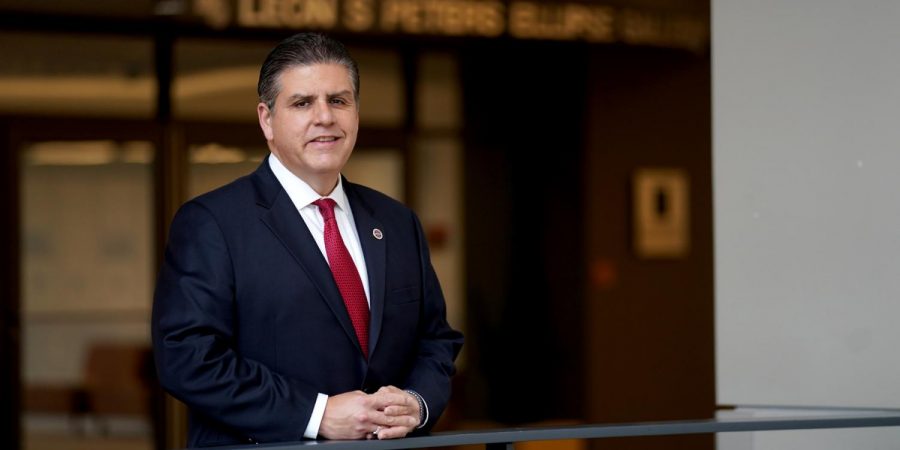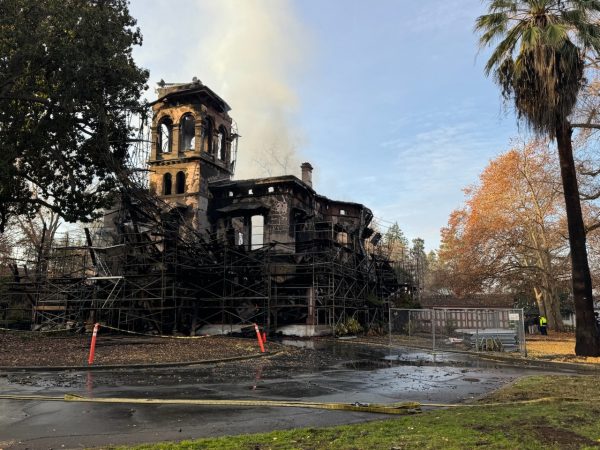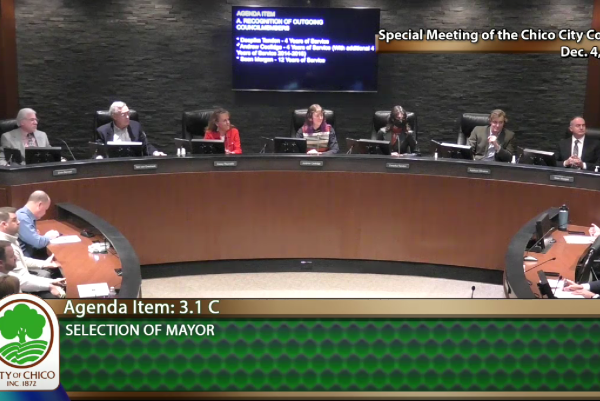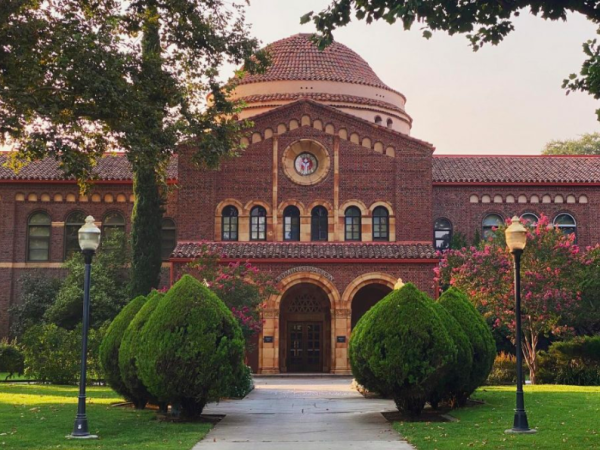Dr. Joseph I. Castro appointed as new CSU chancellor, historic decision for the CSU system
The California State University Board of Trustees on Wednesday appointed Dr. Joseph I. Castro as the eighth chancellor for the CSU system. The historic decision makes Castro the first Mexican American and California native in this position.
Monica Lozano, College Futures president and CEO, hosted Castro on Friday via a CSU Live Stream to discuss his plans for when he succeeds Chancellor Timothy White in January 2021.
Through this role, Castro wants to focus on advocating and providing resources to underrepresented groups, innovating technologically and creatively at the CSU level, and achieving goals outlined in Graduate Initiative 2025.
Castro’s family came to America around 100 years ago when his great-grandfather began working on building the railroad.
“I would say he was a dreamer of that era,” Castro said.
Castro was raised by his grandfather, grandmother and mother in a small town called Hanford, located in the San Joaquin Valley. Castro attended UC Berkeley to earn a bachelor’s degree in political science, then later attended Stanford University for his graduate work.
“It was my higher education that made the difference in my life,” Castro said.
Castro has served as president of Fresno State for the last seven years — a campus only 35 miles from his hometown.
“Very few people get to serve at home as a university president, so that has been such a meaningful experience to do that,” Castro said. “The success that we’ve enjoyed together here has changed the lives of so many talented and diverse students. And the fact that they grew up under circumstances just like my own is really, very meaningful.”
His experiences at Fresno State inspired Castro to seek similar resources and support throughout California as chancellor.
Castro spoke of several goals that he hopes to achieve, one being his commitment to the values outlined in Graduate Initiative 2025. The initiative strives to increase graduation rates throughout the CSU system by eliminating opportunity and achievement gaps experienced by students, including financial and learning barriers.
“We are going to stay focused on that, and while it may be more challenging because of COVID-19, I think we need to stay focused,” Castro said. “It’s just so vitally important. It’s not just increasing graduation rates but eliminating those gaps.”
Castro also shared his commitment to eliminating the graduation rate gap for students receiving Pell grants.
“Pell students, because of their circumstances, often take a little bit longer to graduate than other students,” Castro said. “Chancellor White and I have talked about this. The road is farther for them. They have a little bit longer to travel. I certainly know that from my own life.”
The accessibility of virtual learning and its correlation to anxiety among students is another problem Castro promised to address in coming months.
“What I have found is that we have learned a lot even in these first six months,” Castro said.
Adjustments to learning, investments and professional development have been issue areas among students and faculty since the initial pivot to online learning.
“We all realize that we are not going to where we were in March,” Castro said. “I actually think we are going through a societal reset that’s going to be positive when we get out of the situation. And that’s to say that I think we’re all going to be stronger after COVID-19 than we were before.”
Castro recognized student concerns surrounding mental well-being and access to resources including counseling, on-campus food pantries and technology.
At Fresno State, Castro cited initiatives to aid students who are living at home this semester.
These plans include:
- The Take Care initiative; a community-based organization called Bitwise delivers food to Fresno State students who have moved out of the area.
- Over 8,000 hotspots and iPads have been lent out to students
- The number of counselors at Fresno State have been increased since the start of online classes
Although Castro shared that Fresno State students were willing to pay an additional fee for more mental health counselors, he remains in communication with Sen. Richard D. Roth from the California State Senate about ways to potentially expand these services without charging students.
“I want the students out there to know that I empathize with their situation because if I had to go to my house in Hanford while I was an undergraduate at Berkeley, it would have been very difficult for me to study, if not impossible,” Castro said.
Castro cited expanding education accessibility and increasing diversity in the CSU system as another priority.
The conversation about ethnic studies and implementation of the Weber Bill, are creating an environment for addressing these issues and new entry points for innovation.
“This is a really special moment in time though. Black Lives Matter and racial injustice exist, and I think the CSU has an opportunity to really lean in even more aggressively, addressing these issues of inequality,” Castro said. “And I do intend to have that conversation with the presidents in January.”
Castro also pledged his commitment to advocating and implementing legislation that will aid undocument students. He expressed support for DREAM Act legislation.
“We must stay focused on supporting our DACA students. I feel like we have been modeling the way nationally in that area,” Castro said. “ We must be aggressive in supporting them no matter what happens in Washington, D.C.”
Castro also expressed his gratitude for Chancellor White and credited him with making the CSU more powerful and effective.
“I’m hopeful that I can inspire the very best in everybody so that we can go down that path and elevate the CSU to new heights of greatness that our Board of Trustees is so interested in as well,” Castro said.
Lozano and Castro’s full interview can be streamed here.
Chloe Curtis can be reached at [email protected] and @ChloeCurtis__ on Twitter.








